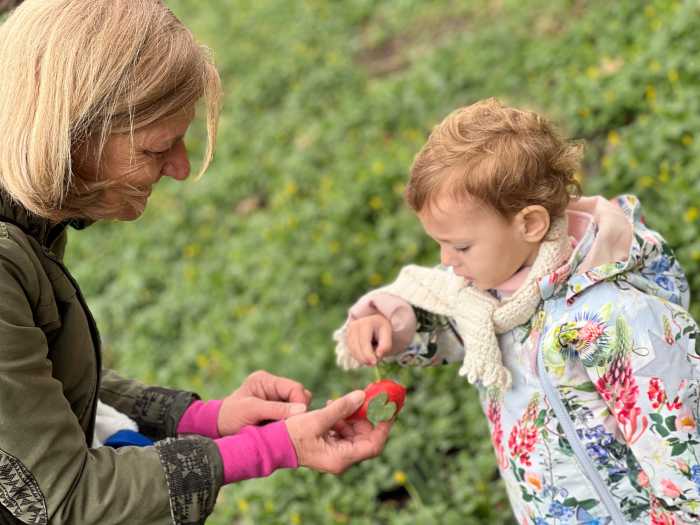
Aug. 2, 2017 By Jason Cohen
Tuscan Hills, a popular Italian restaurant located on Queens Blvd, closed its doors Monday and will reopen Thursday at the location of owners’ other eatery, Ovo Sodo, just six blocks away.
The Italian restaurant, which has been at 115-20 Queens Blvd for nine years, will reopen at 110-60 Queens Blvd. replacing Ovo Sodo, co-owner Marco del Peschio said.
Del Peschio said that although there was one year left on Tuscan’s lease, the rent was too high and Ovo Sodo, which opened three years ago, is a more attractive and profitable location.
“It didn’t make sense anymore to have two locations,” Del Peschio said. “We’ve been successful at Tuscan Hills, but it’s pretty much a dead area. There’s not much going on around here. The new location is much more centralized.”
According to Del Peschio, Ovo will be renamed Tuscan Hills and the Tuscan menu will be kept. The restaurant will also serve a number of items from the Ovo Sodo menu, such as the brunch menu and grandma-style pizza pies.






